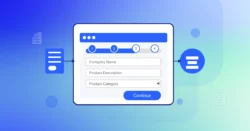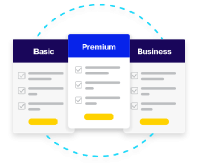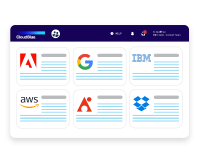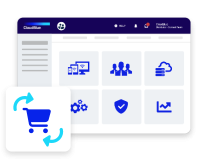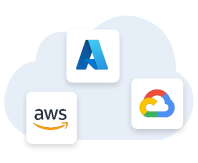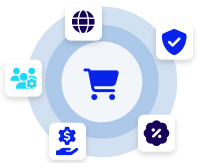An IoT (Internet of Things) marketplace is an online platform where businesses and consumers can discover, purchase, and manage IoT devices and solutions. It acts as a centralized hub, providing access to a variety of IoT products and services, including hardware, software, and integration tools, aimed at enhancing connectivity and automation.
Key Features:
- Wide Range of Products: Offers a diverse selection of IoT devices and solutions from multiple vendors, catering to various industries and use cases.
- Seamless Integration: Facilitates easy integration of IoT devices with existing systems, ensuring interoperability and streamlined deployment.
- Centralized Management: Provides tools for monitoring, managing, and updating IoT devices from a single platform.
- Security: Ensures that IoT products meet stringent security standards, protecting data and devices from cyber threats.
- Scalability: Supports the addition of new devices and solutions as business needs evolve, enabling flexible and scalable IoT implementations.
Benefits:
- Simplified Procurement: Streamlines the process of finding, evaluating, and purchasing IoT products, saving time and effort.
- Enhanced Connectivity: Enables businesses to connect and automate various devices, improving operational efficiency and data collection.
- Cost Savings: Often features competitive pricing and bundled offers, reducing the overall cost of IoT adoption.
- Innovation: Provides access to cutting-edge IoT technologies and solutions, fostering innovation and digital transformation.
- Comprehensive Support: Includes resources such as documentation, customer support, and community forums to assist with implementation and troubleshooting.
Examples:
- Amazon IoT Marketplace
- Microsoft Azure IoT Central
- IBM Watson IoT Marketplace
IoT marketplaces are crucial for businesses looking to leverage the power of the Internet of Things, offering a convenient and efficient way to access, deploy, and manage a wide array of IoT devices and solutions.




